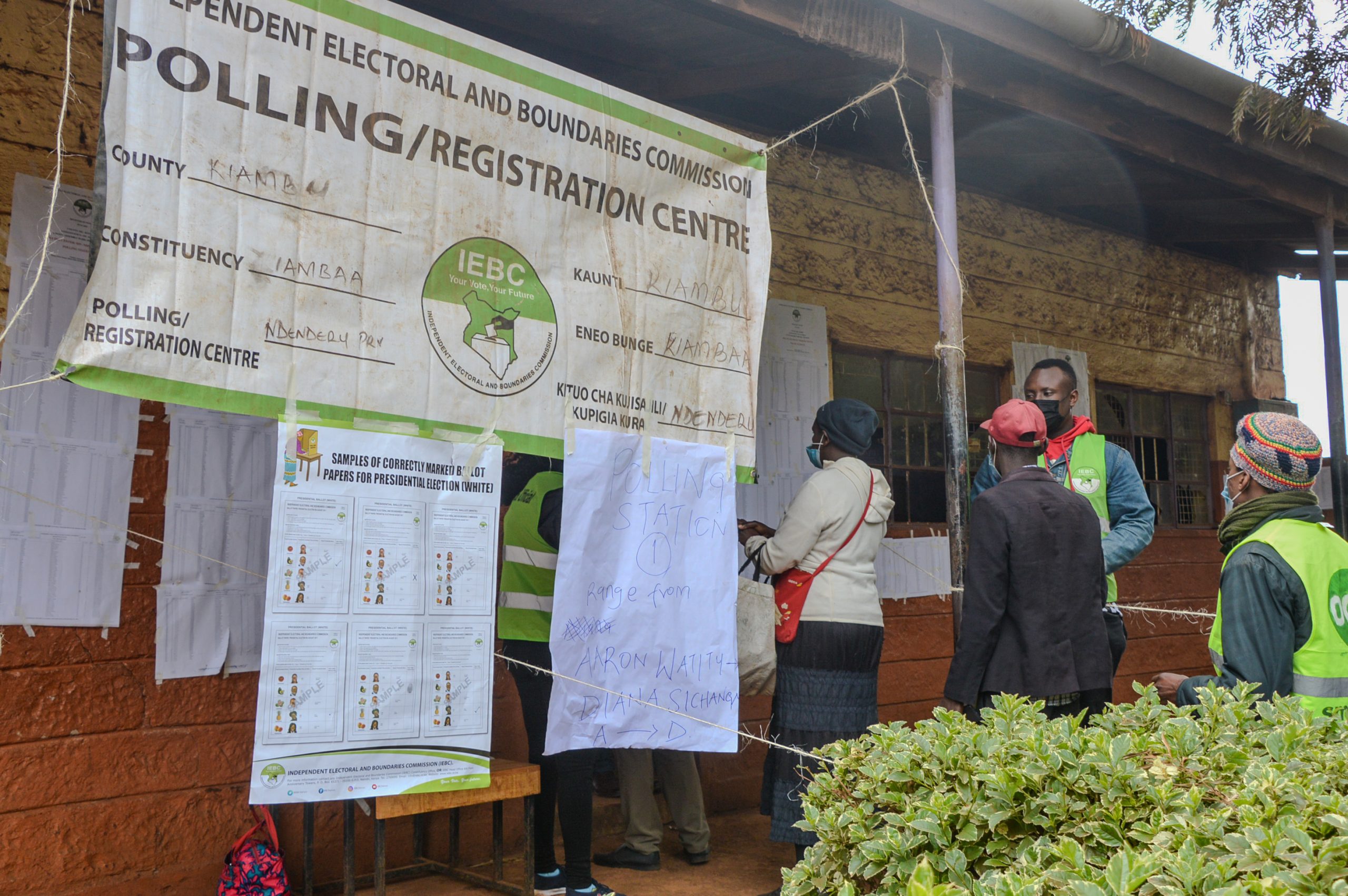The Kenya Human Rights Commission (KHRC) stands in solidarity with the Kenya Conference of Catholic Bishops (KCCB) for its bold and timely statement addressing the culture of deceit and repression currently gripping our nation.
The KCCB concerns, communicated on November 14, reflect what Kenyans feel about this regime, which promised heaven and is delivering hell.
The KCCB statement builds on others they have been issuing, including the most recent on October 16 with the Supreme Council of Kenya Muslims (SUPKEM) and the National Council of Churches of Kenya (NCCK).
In the October 16 statement, KCCB, SUPKEM, and NCCK voiced deep concerns over Kenya’s deteriorating social, political, and economic conditions.
They highlighted the rising tensions fueled by political leaders engaging in ethnic mobilization, which they warned echoed the events leading up to the 2007 post-election violence. They called for an end to such divisive actions and emphasized the urgent need for national unity.
Pervasive corruption at national and county levels was condemned as a blight on the nation’s moral fabric. The statement lamented the widespread impunity among officials, noting that it undermines public trust and exacerbates societal suffering.
We’ve been raising the same concerns
However, not just KCCB, SUPKEM, and NCCK have voiced these concerns.
KHRC, in a host of statements, including the recent two to the United Nations Human Rights Council—opposing Kenya’s candidature for the UNHRC seat—and to the African Commission on Human and Peoples’ Rights (ACHPR)—decrying the human rights crisis in Kenya—concurred with what KCCB said on November 14. So do other powerful communiques we issued through the Civic Freedoms Forum (CFF) over the high stakes of civic rights that continue to face repression.
Similarly, through the Police Reforms Working Group (PRWG), National Integrity Alliance (NIA), Okoa Ochumi, and the Elimu Bora Working Group (EBWG), we denounced police brutality, corruption and integrity deficits, odious debts, and the ongoing crisis in the education sector, respectively.
Reignite spirit of resistance
Kenyans have been united for months by a rallying cry: “Ruto must go.” This demand reflects their frustration with a regime that has failed to govern by law. With every decision he makes, Ruto continues to undermine the constitution and disregard the international treaties Kenya has ratified. Under such blatant misgovernance and persistent human rights violations, what other recourse remains for Kenyans?
Ruto’s statement during his time as deputy president, in which he claimed to champion freedom, dignity, and humanity, is far from what his regime is doing today. Kenyans have not forgotten that in a letter to the KCCB on September 16, 2021, Ruto pledged support for justice, transparency, and protection of human rights. However, recent policies and actions marked by oppressive taxation and police brutality stifled dissent and disregarded human life.
Now, the KCCB has rightly condemned the reintroduction of punitive taxes through the 2024 tax amendment bill. The bishop's call against over-taxation is not merely a financial critique but a plea for economic justice, which KHRC advocates for.
Economic justice can be achieved if this regime halts the rampant corruption and moral decay within its leadership. This requires holding culpable officials accountable by arresting, arraigning, and prosecuting those involved in scandals that led to pilferage and theft of public resources.
KHRC calls on interfaith groups, civil society, and ordinary Kenyans to unite and reignite the spirit of resistance and a culture of good governance as enshrined in Article 10 of the Constitution. Together, we can overcome this regime, just as we did through our concerted efforts during the repressive KANU era (1963–2002). This will align with the spirit of Article 3 of the Constitution, which emphasizes the defense of our supreme law.


